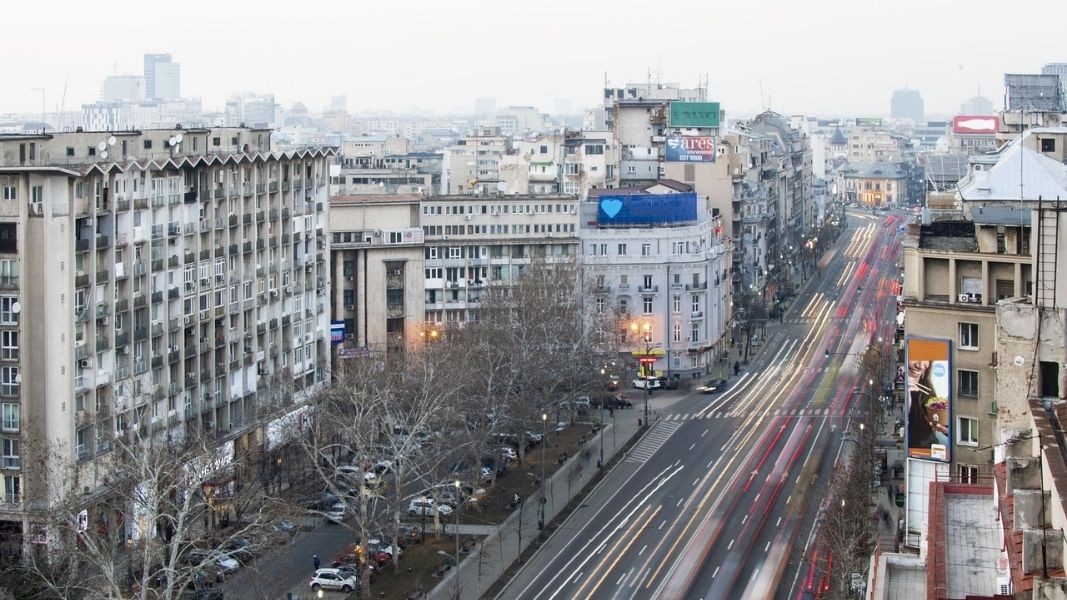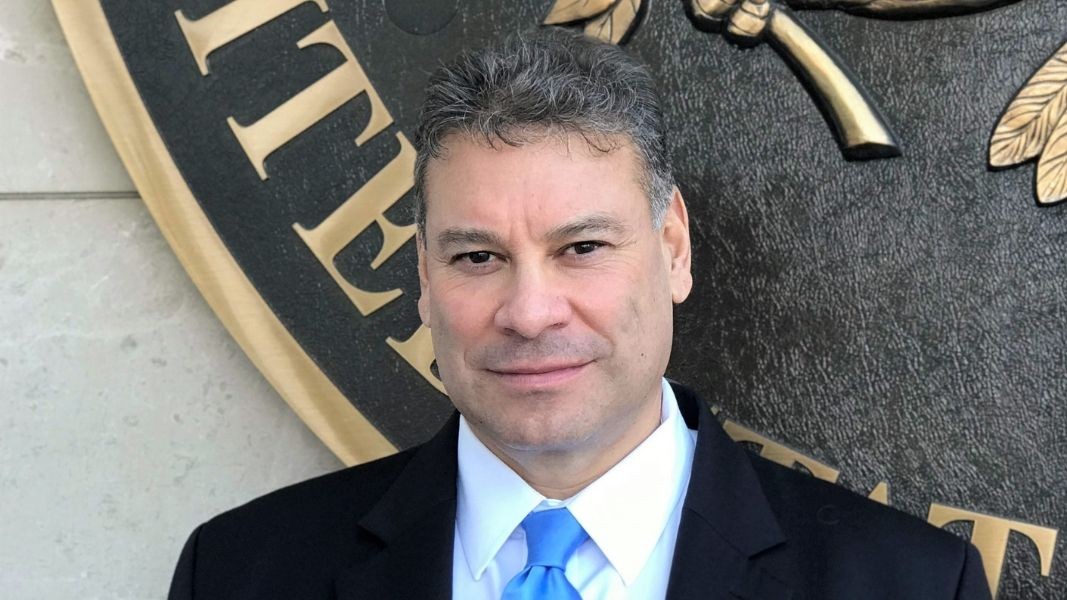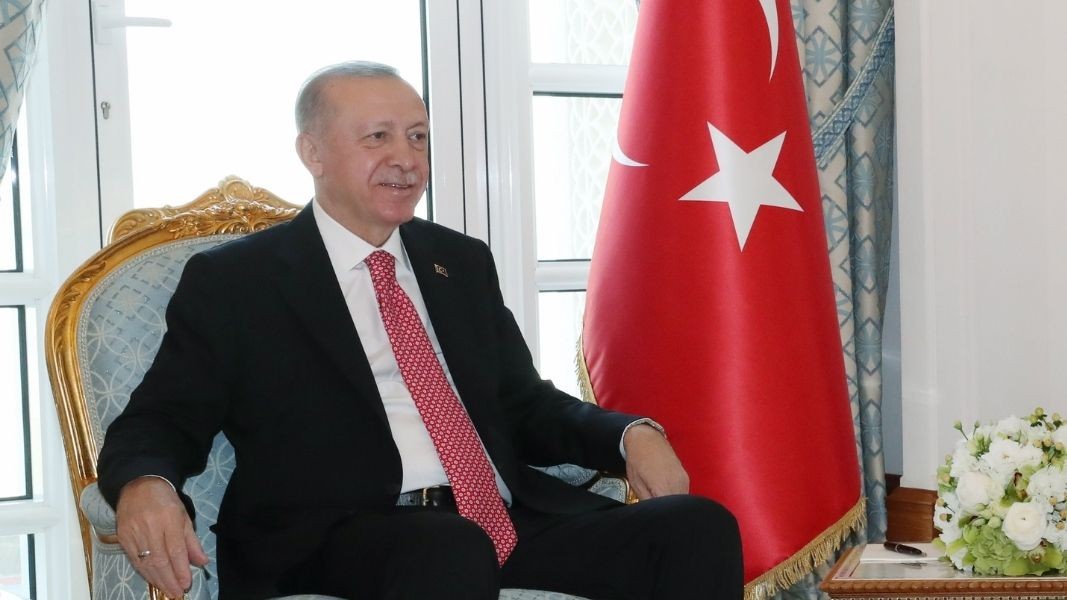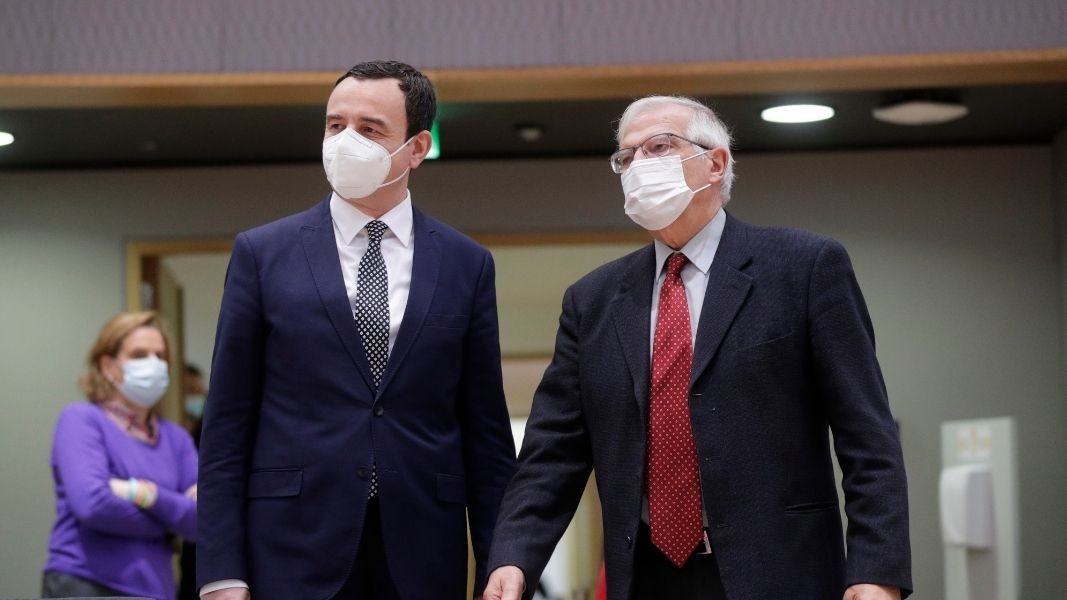Romania eases anti-Covid measures ahead of Christmas

The Romanian government has eased anti-epidemic measures ahead of the upcoming holidays. The night curfew and the obligatory wearing of masks outdoors have been abolished. Until now, movement outside between 10 pm and 5 amwas banned for unvaccinated people. Shops and restaurants can now work for an hour longer - until 10 pm. In a number of retail outlets, where only vaccinated and sick people were allowed, people with a negative test will now be able to enter. Wearing a safety mask will continue to be mandatory in public transport and indoor public spaces. Outdoor masks will be mandatory only in markets and busy public places.
Romania remains the second least vaccinated country in the EU, with less than 39% of the population immunized.
The United States believes no one is interested in tensions in Bosnia and Herzegovina

There won’t be a war in Bosnia and Herzegovina, and there will be no Republika Srpska army, said US Special Envoy for the Western Balkans Gabriel Escobar. "That's not going to happen. I‘ve said this before and I want to clarify why I said it. There won't be a war in Bosnia and Herzegovina. This is not 1991,"Escobar said in an interview with Croatian television N1. To the remark that this is not a war, but an army of the Republika Srpska, the diplomat replied that such does not exist and no one is interested in it. "There is no army of Republika Srpska. Second of all, we have a peacekeeping mandate from the UN SC. Third, nobody is interested in that kind of escalation. Not Serbia, not Croatia, not Russia, nobody”, Escobar said.
Turkish president introduces new economic policy

Turkish President Recep Tayyip Erdogan has announced that Turkey is embarking on a new economic policy model based on low interest rates and a strategy for growth, investment, employment and production. The new economic model was presented against the background of the continuous depreciation of the Turkish lira, which has lost more than 40% of its value since the beginning of the year, and rising inflation, which reached 21.31% on an annual basis in November. Erdogan told state-run TRT television that the country would attract foreign investors, and Turkey could produce goods cheaper and, by selling these goods to Europe, secure foreign exchange earnings and growth following China's example - with its young population and production.
Lithium mine upsets Serbia

Serbian President Aleksandar Vucic withdrew proposed changes to the expropriation law and asked the government to supplement changes to the Referendum Law. Both bills sparked mass protests. "There were 31,000 protesters in Serbia, of course, the most in Belgrade. I am concerned because not all of them can be party activists, as my associates are trying to claim,"Vucic said. A public consensus will be sought for another six months to speed up expropriation for public needs. The legislative amendments aim to accelerate the plan of the British-Australian company Rio Tinto to open a lithium mine in Serbia.The project concerns the livelihood of 19,000 private farmers in 22 villages in Serbia's most fertile region along the Yadar Valley, euronews.rs reported.
Kosovo wants EU membership

Kosovo has announced its intention to apply for EU membership, Deutsche Welle reported. The issue was raised in Brussels at a meeting of the EU-Kosovo Association and Stabilization Council. Prizren was represented by Prime Minister Albin Kurti and the EU by EU Security and Foreign Policy Commissioner Josep Borrell. A joint statement after the meeting said that "it is very important for Kosovo and Serbia to move forward in a European way" when applying for EU membership. Kosovo declared independence in 2008. The new state is not a member of the UN due to the veto of Russia and China, but is recognized by the United States and most EU countries. Belgrade continues to consider Kosovo as its area, but when it began EU accession talks, it had agreed to negotiate with Pristina to normalize relations.
Compiled by Ivo Ivanov
English version Rositsa Petkova
Photos: library, rs.usembassy.gov, BGNES
If the general elections were to be held today, GERB-SDS would earn 24.5% of the votes, followed by Vazrazhdane with 13.7% and We Continue the Change – Democratic Bulgaria with 12.1%. BSP – United Left garners 8.8%, The Alliance for Rights and..
Parties from broad coalition in Romania face off on eve of elections Two months before the elections for president and for parliament in Romania, the ruling social democrats and liberals entered into a heated debate over the ruling by the..
European Commissioner for Home Affairs Ylva Johansson called for the abolition of land border controls for Bulgaria and Romania within the Schengen area by the end of the year. "Bulgaria and Romania have made every effort and have gone above..
Pro-Russian candidate takes lead in first round of presidential election in Romania In a shock development, independent far-right, pro-Russia..

+359 2 9336 661
